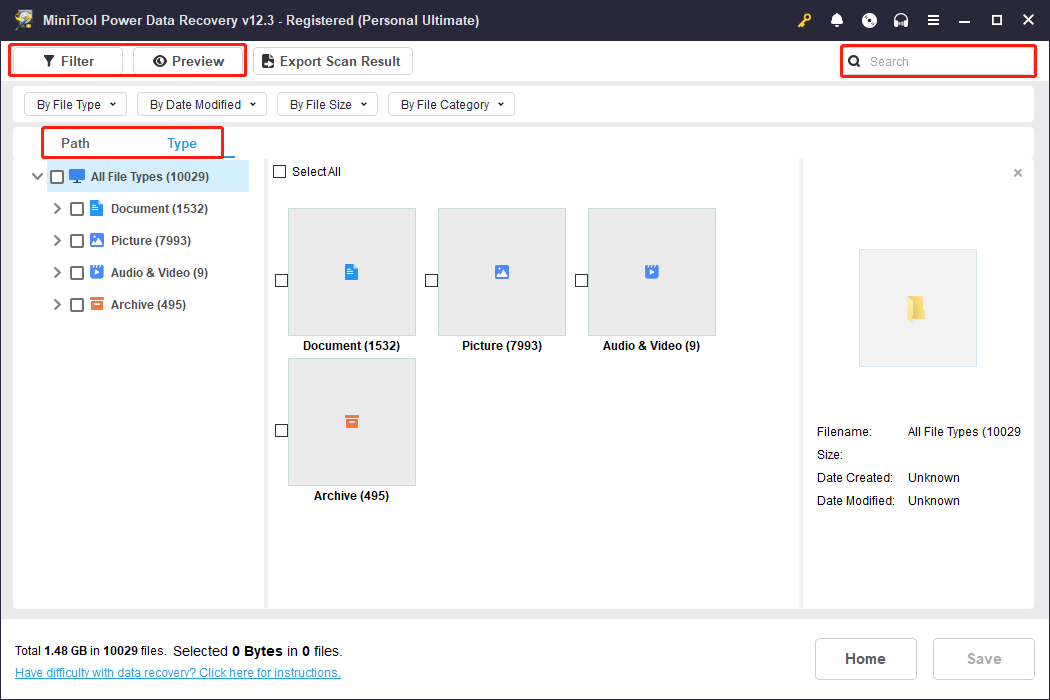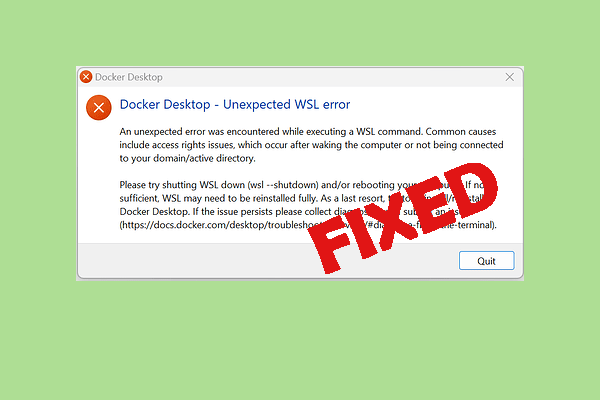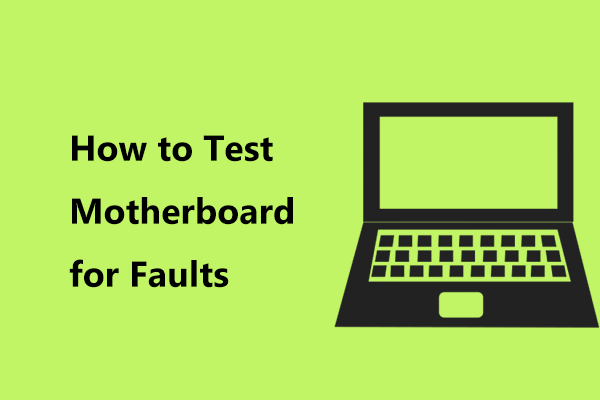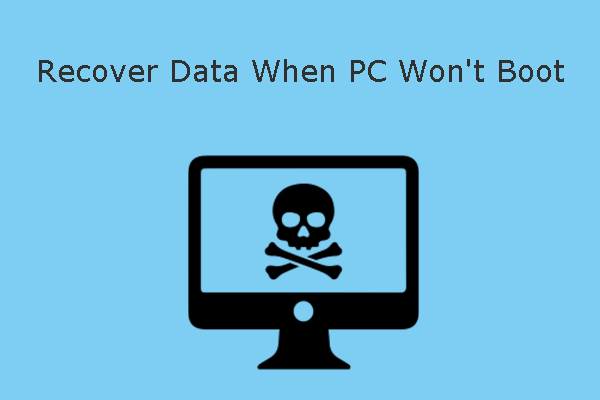Black Screen After Running Windows Memory Diagnostic
Windows Memory Diagnostic is a practical utility to check memory issues on your computer. However, this tool doesn’t always work as expected, such as a black screen after running Windows Memory Diagnostic. Here is a real case:
Hello,
I ran Windows Memory Diagnostic in Windows 11, but the whole process froze and I had to hard-power the pc, after that, I got a black screen, and even the BIOS didn't load. I have cleared the CMOS several times, but nothing to see at startup, all the lights inside the cabinet are lit, no error lights on the motherboard (Rog strix Z-390-F gaming). The graphic card RTX 4070 TI and power supply are brand new.
Please help,
Best regardsanswers.microsoft.com
This is not a new issue but still bothers several people. If you are troubled by this problem as well and looking for ways to fix Windows Memory Diagnostic black screen, you can first restart your computer to see if the PC can restart normally. If not, do the following methods with the guide.
Way 1. Check Hardware and Power Connection
As the case shown above, when you get a black screen after running Windows Memory Diagnostic and fail to load the BIOS, the root cause is most likely lying under the hardware. You can do some hardware and power connection checks.
- Power connection: Examine whether your power cables connect well. Unstable connections, broken cables, damaged ports, or other causes can result in the black screen issue. If possible, you can change a power supply or replace a new cable and port to discover the culprit.
- Graphics card: Check the graphics card connection. If your graphics card is not integrated into the motherboard, you can re-plug the graphics card. Additionally, check the compatibility of the graphics card.
- Motherboard: The motherboard is an essential component of a computer. You need to check if there are any damaged or burned signs on the motherboard. If the motherboard is broken and still under warranty, you can ask the manufacturer for repair. Otherwise, you need to pay for it.
After the above checks, if your computer still does not boot up and even cannot enter the BIOS menu, you should do some additional hardware checks with more professional assistance.
Way 2. Reinstall Windows Operating System
If the above checks don’t repair the black screen after running Windows Memory Diagnostic, you need to reinstall the Windows operating system for future normal use. However, performing a clean reinstall will remove all your files. Should you have no backup files, you can run MiniTool Power Data Recovery to rescue your files from the unbootable computer.
MiniTool Power Data Recovery FreeClick to Download100%Clean & Safe
Step 1. Recover Data from the Unbootable Computer
This secure data recovery service enables you to create bootable media and boot the computer from the created bootable disk by changing the boot order in BIOS.
You will enter the MiniTool Power Data Recovery interface to start the data recovery process. Select the partition where you want to recover files from and click the Scan button. You can also change to the Devices tab to scan the entire disk; however, this will take a longer time.
Afterward, on the result page, locate your wanted files by using the Filter, Search, Path, and Type features. You can use the Preview feature to check types of files before saving them.

Once confirming the required files, select them and click the Save button to choose an appropriate location for those restored files.
Step 2. Reinstall the Windows Operating System
When your files are rescued, follow the next steps to reinstall your operating system.
You need to prepare a USB drive or a DVD and connect the device to a well-performing computer. Then, go to the official Windows download page to create the Windows installation media by using the media creation tool.

When the download process is finished, connect the USB drive to your unbootable computer and change the boot order via the BIOS menu to make the computer boot from the USB drive. Then, you can start to reinstall the operating system.
In the Windows Setup window, choose Custom: Install Windows only (advanced) to continue to the next process with the on-screen instructions.
Final Words
In fact, it is not a hard task to resolve the black screen after running Windows Memory Diagnostic but every step should be done carefully to avoid causing more severe issues. Hope there is some useful information for you to fix your problem.



User Comments :